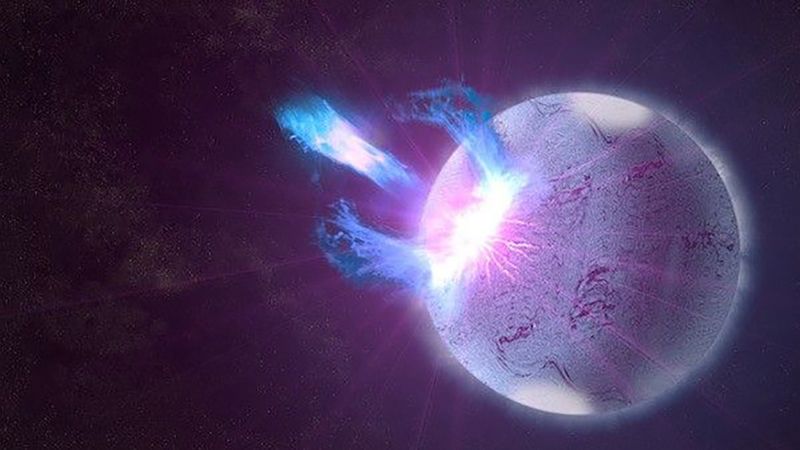
Physicists have successfully demonstrated a laboratory version of a theoretical concept known as a ‘black hole bomb’, first proposed in the 1960s. According to a report by New Scientist, the experiment was conducted as a proof of concept and presents no danger to Earth.
The original idea involves using mirrors to trap waves around a rotating black hole, causing energy to build up and amplify until it is explosively released. Though actual black holes and such explosive scenarios remain distant and purely theoretical, researchers replicated the mechanics using controlled laboratory conditions.
In the lab model, scientists used harmless materials to mimic the physical processes associated with black holes. Energy, introduced into the system, was reflected back and forth, demonstrating how it could be amplified in a similar manner to what the theoretical ‘black hole bomb’ describes.
Importantly, the research is not aimed at weaponizing the concept but instead seeks to deepen the understanding of black hole physics and related energy dynamics. The experiment offers potential insights into cosmic phenomena and the behavior of energy in extreme gravitational fields.
This successful proof of concept marks a significant step forward in experimental astrophysics, allowing scientists to test theories that were previously confined to mathematical models and simulations.
Source: https:// – Courtesy of the original publisher.






